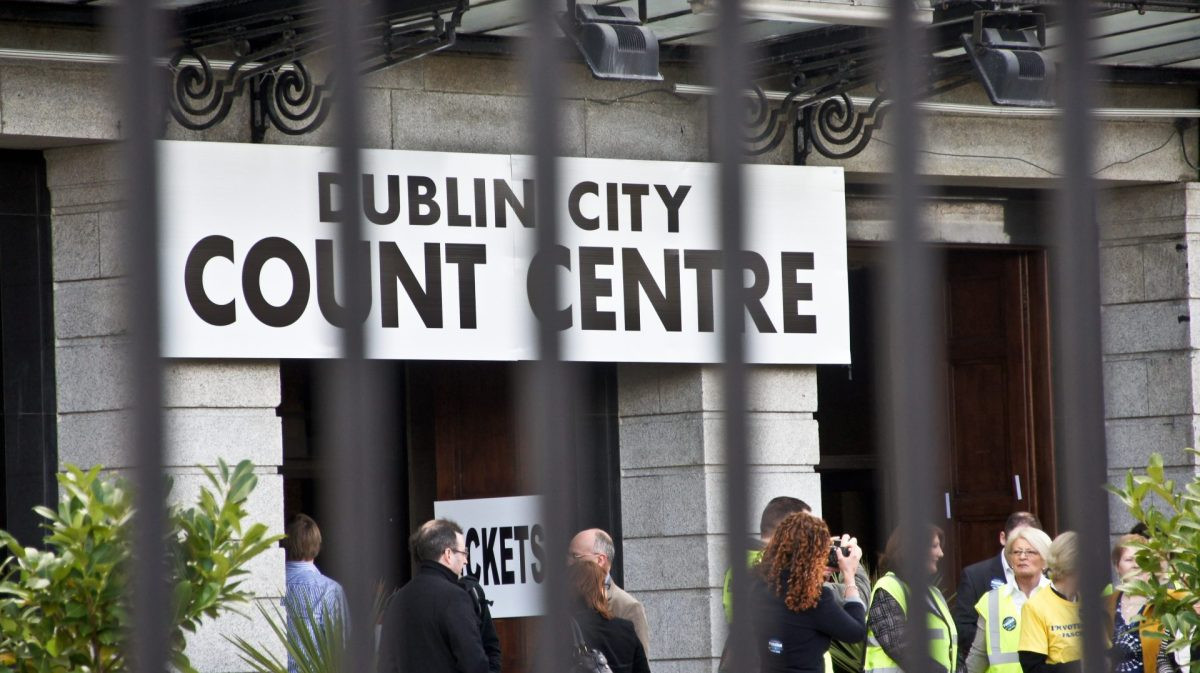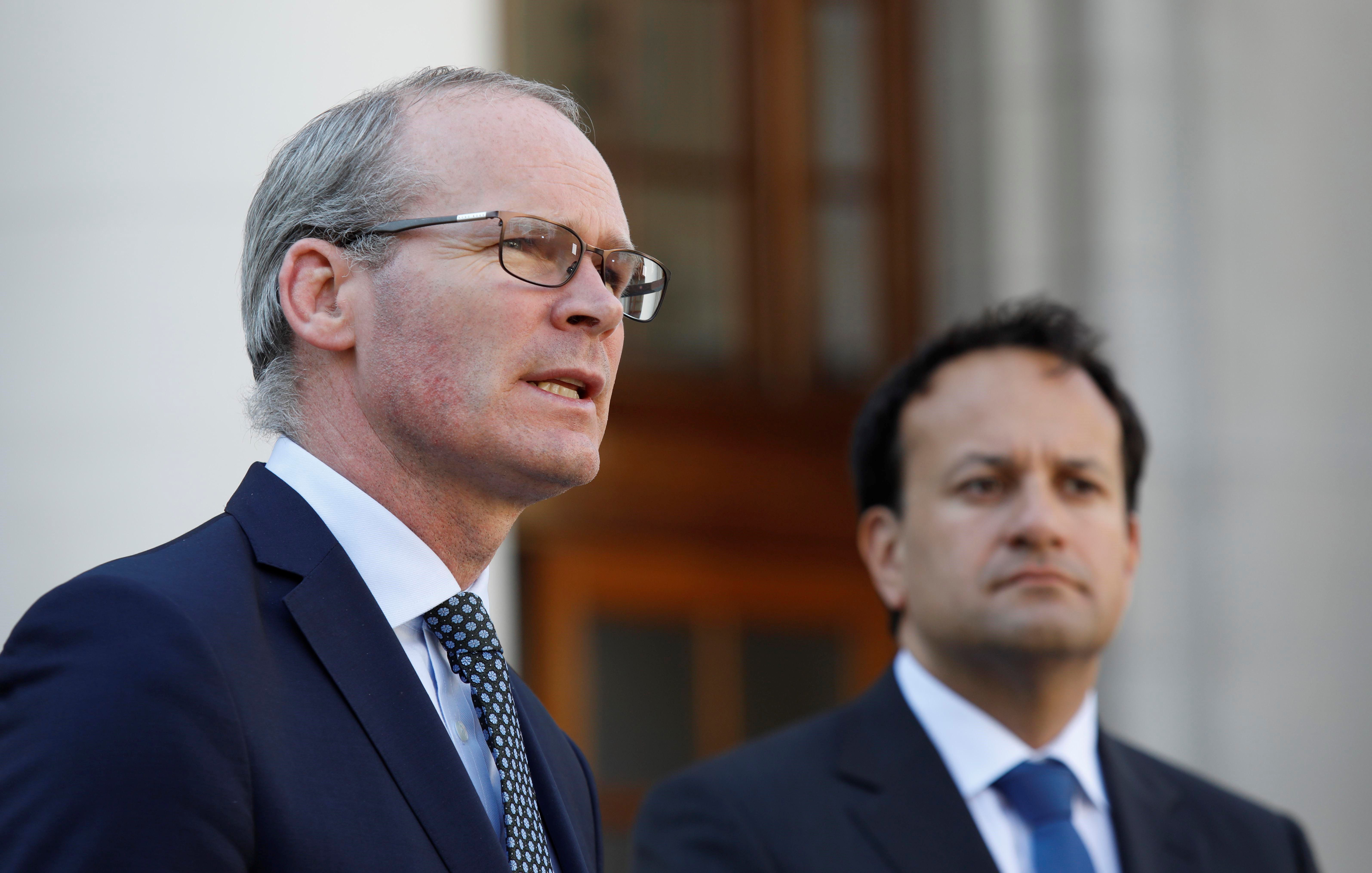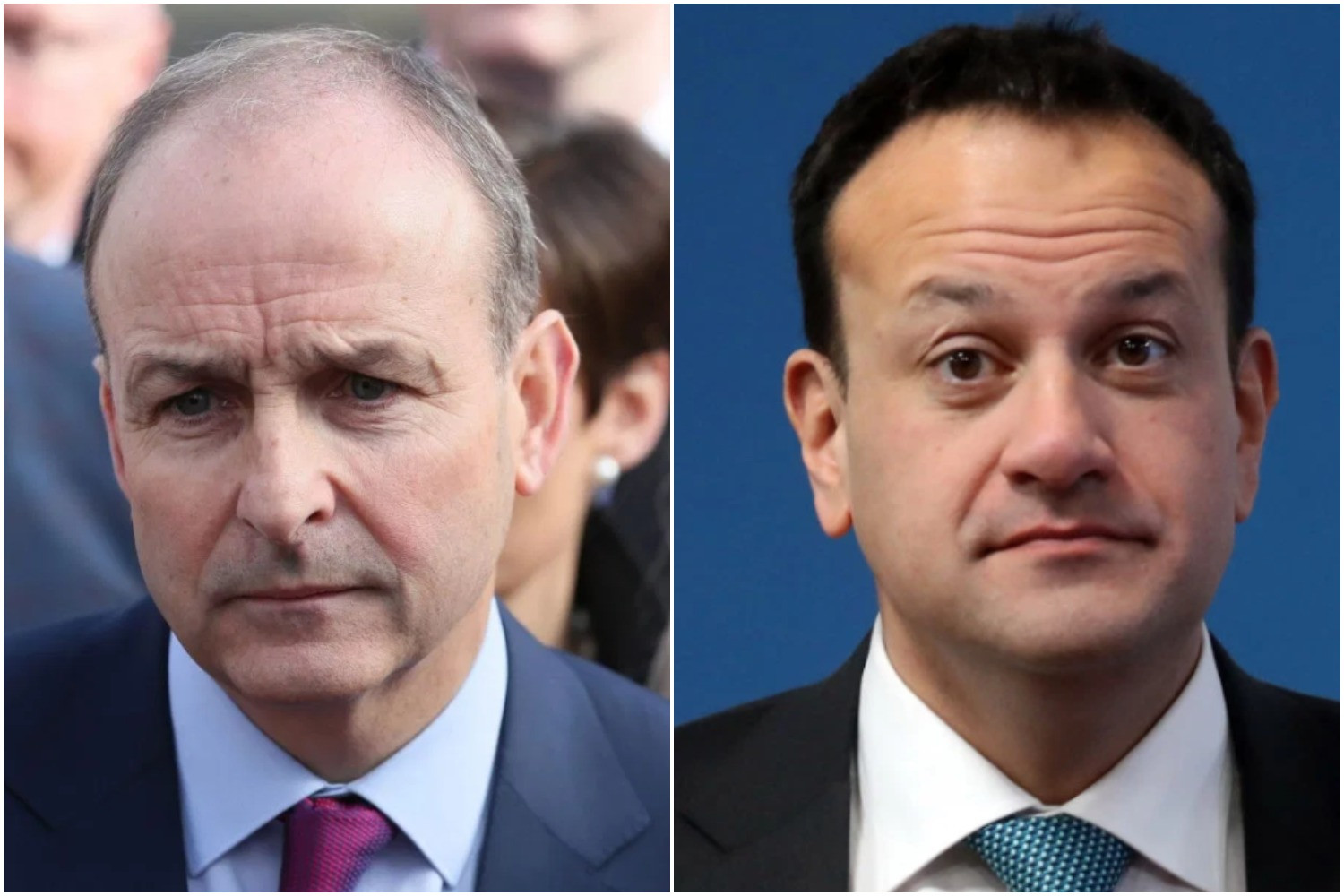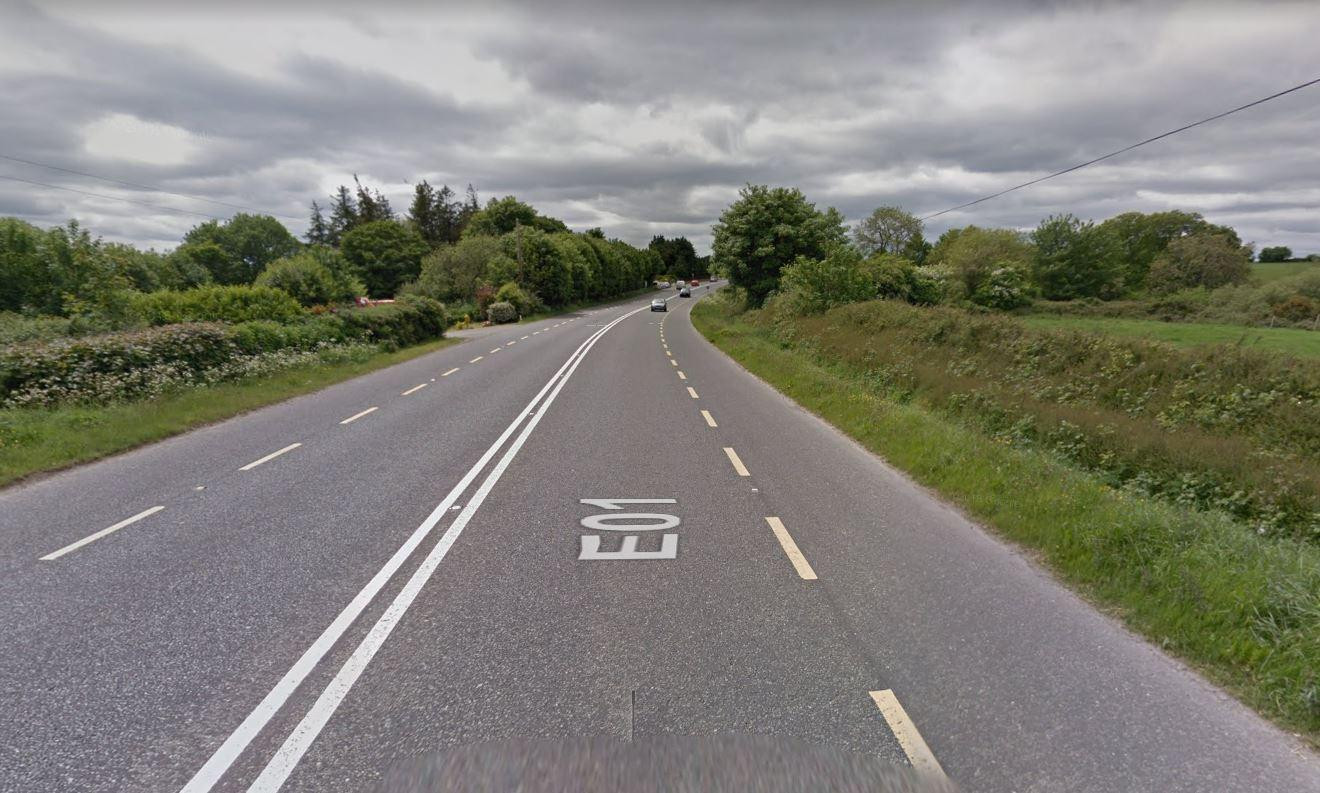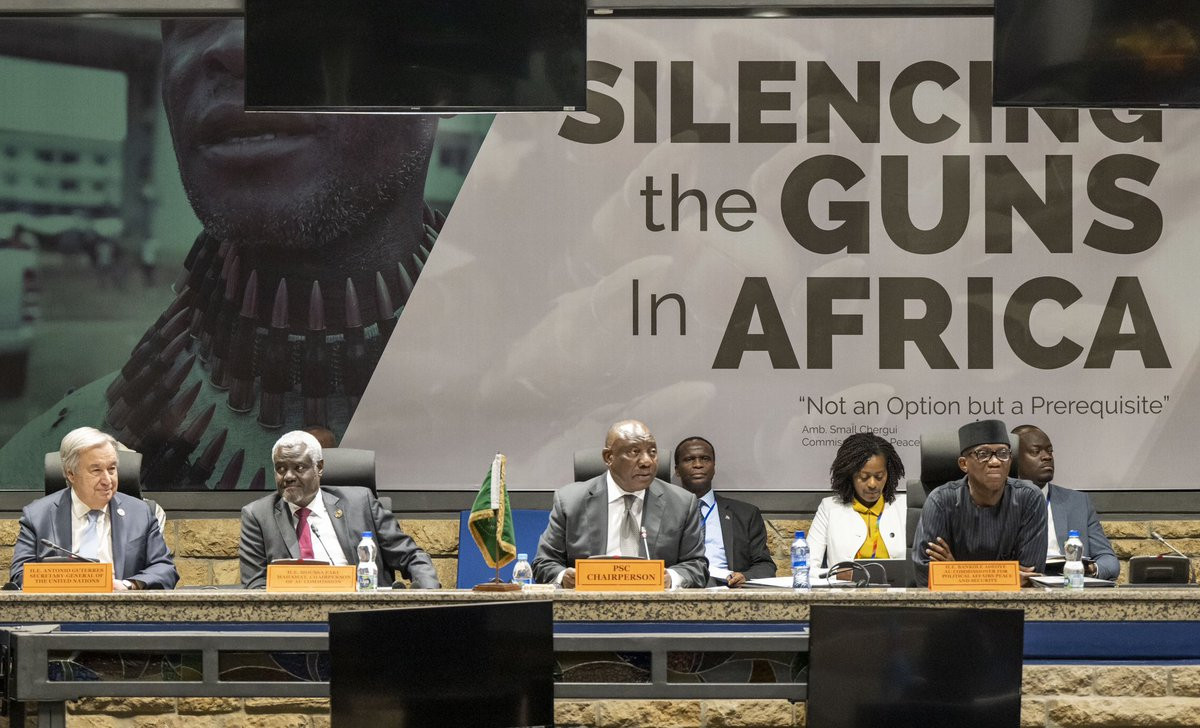Ireland's Next Government: A Historic Coalition Takes Shape
A landmark agreement has been reached between Fianna Fáil, Fine Gael, and the Regional Independent Group (RIG), marking a significant step towards forming Ireland's next government. This unprecedented coalition, forged after a period of intense negotiations, promises a new era of political cooperation and policy direction for the nation. The deal, finalized after weeks of intricate discussions, has resolved key issues regarding ministerial appointments and the policy platform that will guide the country in the coming years.
Ministerial Appointments: A Blend of Experience and New Faces
The agreement allocates two super junior ministerial roles to the RIG, granting two of its members a seat at the Cabinet table. These coveted positions will be filled by Galway East TD Seán Canney and Noel Grealish of Galway West. This signifies the influence the independents wield in this pivotal coalition. Meanwhile, Sligo–Leitrim TD Marian Harkin and Longford–Westmeath TD Kevin ‘Boxer’ Moran have been assigned junior ministerial roles. This strategic distribution of positions ensures a balance of power and expertise within the government structure.
Backbenchers and the Future of the RIG
The remaining members of the RIG, including Michael Lowry, and new TDs Barry Heneghan and Gillian Toole, will serve as backbenchers. While they won't hold ministerial positions, their support is crucial to sustaining the government’s parliamentary majority. This arrangement reflects a compromise aimed at accommodating the diverse interests within the coalition. The deal also features a plan for rotating the role of Taoiseach between Fianna Fáil and Fine Gael leaders, ensuring both parties share the top leadership position over the government's term. This rotation is expected to give Micheál Martin the Taoiseach position initially, before it reverts to Fine Gael later on.
Policy Priorities: A Look at Key Areas
The agreed programme for government outlines several key policy priorities. There's a commitment to maintaining the reduced VAT rate on energy at 9 per cent and lowering it from 13.5 per cent to 9 per cent for food, hospitality, hairdressers, and entertainment in the upcoming budget. This demonstrates the government's commitment to alleviating the financial burden faced by citizens in these critical sectors. However, a significant departure from the previous government's policy is the removal of the 2:1 spend ratio favouring public transport over roads—a key plank in the Green Party's platform during their time in government. This decision reflects a prioritization of major infrastructure projects like Metro and Dart, though a senior source involved in negotiations clarified that spending on roads and public transportation will likely remain at a similar or even higher level.
Public Transport and Infrastructure Spending
A figure involved in drafting the deal highlighted that the new government will adopt an ‘ambitious’ approach to public transport and roads, shifting emphasis away from smaller-scale projects such as cycle lanes. This signifies a marked change in focus, prioritizing large-scale infrastructure development. The programme for government also contains a firm commitment to advancing the Occupied Territories Bill, which is a key legislative priority for the government.
The Road to Ratification: Formal Approval and Future Steps
The deal requires formal approval from the seven members of the RIG, along with both Fianna Fáil and Fine Gael. Mr. Lowry confirmed the RIG’s satisfaction with the inclusion of its policies in the draft programme, emphasizing the painstaking process of reaching this agreement. Mr. Heneghan also expressed his support for the new government, highlighting his satisfaction with the addressing of key priorities in his Dublin Bay North constituency. While the Healy-Rae brothers, who are also in negotiations, will not receive a super-junior ministry, their support for the coalition is still being pursued, with their primary focus on the interests of their Kerry constituency.
Housing and Economic Policies
The programme for government intends to extend both the Help to Buy and First Home schemes to 2030, with planned changes to improve their effectiveness and expand the First Home scheme's eligibility beyond new builds and self-build homes to include second homes. The parliamentary parties of both Fianna Fáil and Fine Gael will meet on Wednesday to consider the draft programme before expected ratification. Following this, the programme will go to their respective members for final approval.
The Future of Irish Politics: A New Chapter Begins
The formation of this unprecedented coalition marks a turning point in Irish politics. This partnership between traditionally competing parties, along with the significant involvement of independent TDs, is a clear departure from past patterns of government formation. This arrangement demonstrates a willingness to embrace compromise and collaboration in the face of shared national challenges. The success of this coalition will hinge on its ability to effectively address the numerous complex challenges facing Ireland, while upholding the principles of transparency and accountability that are central to a functioning democracy. The new government will now move forward, facing expectations and responsibilities that reflect a dynamic and evolving political landscape. The coming years will reveal the effectiveness of this novel approach and shape the future direction of the nation. The people of Ireland will be watching, as the new chapter of Irish governance unfolds.




